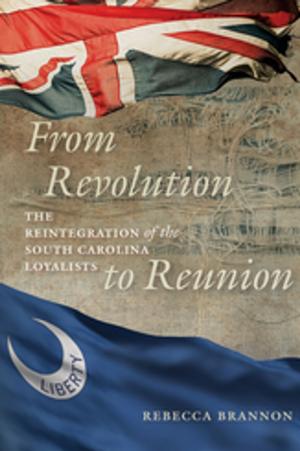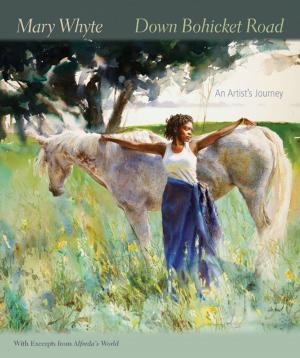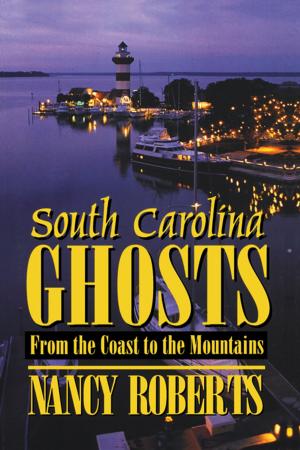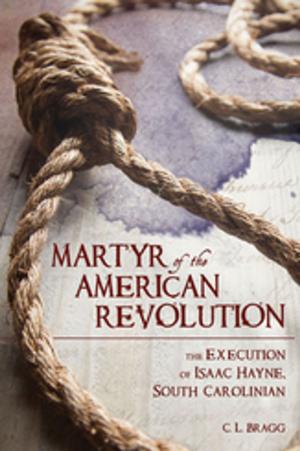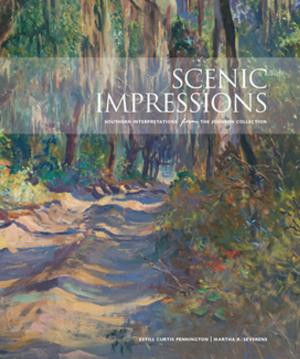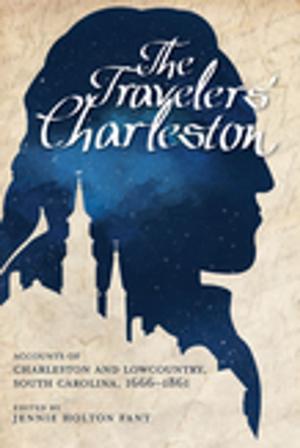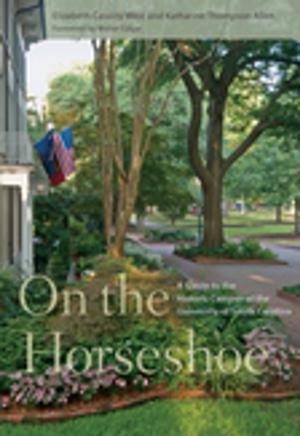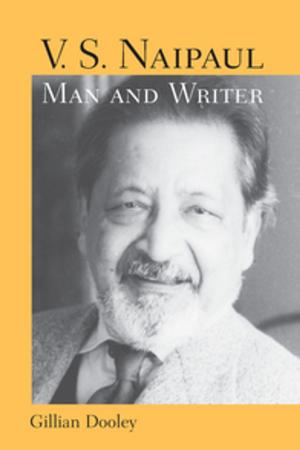Champions of Civil and Human Rights in South Carolina
Volume 1: Dawn of the Movement Era, 1955-1967
Nonfiction, Social & Cultural Studies, Social Science, Discrimination & Race Relations, Fiction & Literature, Literary Theory & Criticism| Author: | ISBN: | 9781611177251 | |
| Publisher: | University of South Carolina Press | Publication: | December 15, 2016 |
| Imprint: | University of South Carolina Press | Language: | English |
| Author: | |
| ISBN: | 9781611177251 |
| Publisher: | University of South Carolina Press |
| Publication: | December 15, 2016 |
| Imprint: | University of South Carolina Press |
| Language: | English |
Champions of Civil and Human Rights in South Carolina is a five-volume anthology spanning the decades from 1930 to 1980 with oral history interviews of key activists and leaders of the civil rights movement in South Carolina. Editor Marvin Ira Lare introduces more than one hundred civil rights leaders from South Carolina who tell their own stories in their own words to reveal and chronicle a massive revolution in American society in a deeply personal and gripping way. This ambitious project of the University of South Carolina’s Institute for Public Service and Policy Research was funded in part by the South Carolina Bar Foundation, the Southern Bell Corporation, and South Carolina Humanities. The five volumes serve as a collective memoir featuring original oral history interviews with significant figures in the civil rights movement of the Palmetto State, a survey of archived interviews, a variety of published and unpublished narratives, and illuminating black-and-white photographs. Every page opens doors to new historical evidence and to new insights regarding the people, places, and events of the civil and human rights struggle in South Carolina. Volume 1, Dawn of the Movement Era, 1955–1967, begins with the landmark 1954 Supreme Court ruling on Brown v. Board of Education in which the Court declared unconstitutional state laws establishing racially segregated public schools. The ruling prompted strong reactions throughout the nation. In South Carolina white resistance prompted boycotts of merchants by the local NAACP and some of the earliest mass movement protests in the United States. This collection features oral histories from famous leaders U.S. Congressman James E. Clyburn, Septima Poinsette Clark, and I. DeQuincy Newman, as well as small-town citizens, pastors, and students, all sharing their experiences, motivations, hopes and fears, and how they see the struggle today.
Champions of Civil and Human Rights in South Carolina is a five-volume anthology spanning the decades from 1930 to 1980 with oral history interviews of key activists and leaders of the civil rights movement in South Carolina. Editor Marvin Ira Lare introduces more than one hundred civil rights leaders from South Carolina who tell their own stories in their own words to reveal and chronicle a massive revolution in American society in a deeply personal and gripping way. This ambitious project of the University of South Carolina’s Institute for Public Service and Policy Research was funded in part by the South Carolina Bar Foundation, the Southern Bell Corporation, and South Carolina Humanities. The five volumes serve as a collective memoir featuring original oral history interviews with significant figures in the civil rights movement of the Palmetto State, a survey of archived interviews, a variety of published and unpublished narratives, and illuminating black-and-white photographs. Every page opens doors to new historical evidence and to new insights regarding the people, places, and events of the civil and human rights struggle in South Carolina. Volume 1, Dawn of the Movement Era, 1955–1967, begins with the landmark 1954 Supreme Court ruling on Brown v. Board of Education in which the Court declared unconstitutional state laws establishing racially segregated public schools. The ruling prompted strong reactions throughout the nation. In South Carolina white resistance prompted boycotts of merchants by the local NAACP and some of the earliest mass movement protests in the United States. This collection features oral histories from famous leaders U.S. Congressman James E. Clyburn, Septima Poinsette Clark, and I. DeQuincy Newman, as well as small-town citizens, pastors, and students, all sharing their experiences, motivations, hopes and fears, and how they see the struggle today.

